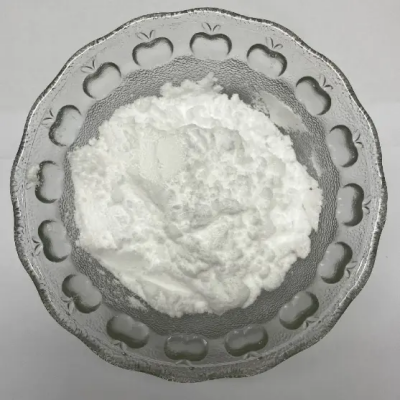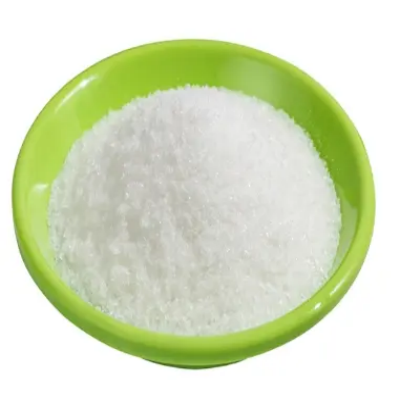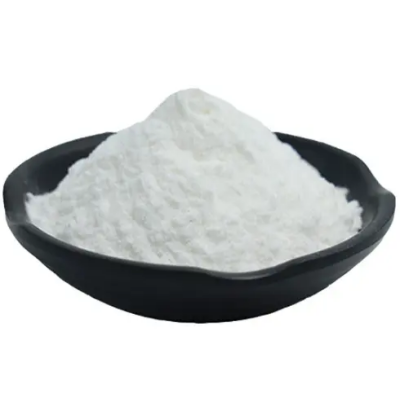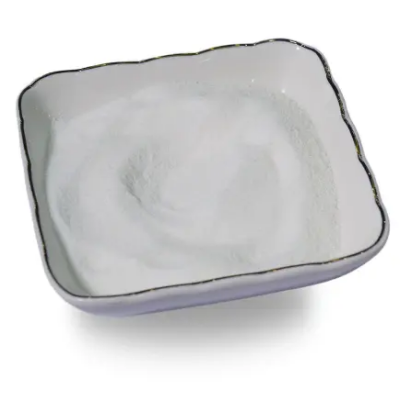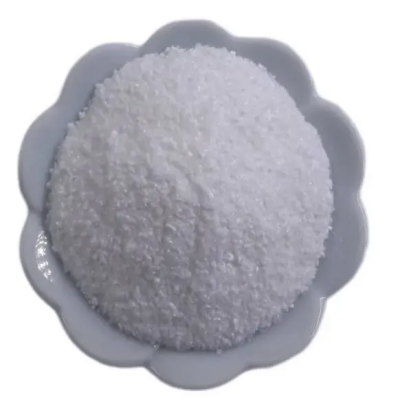Thioanisole CAS:100-68-5
Thioanisole finds diverse applications across various industries due to its distinct properties and reactivity. In the pharmaceutical sector, it serves as a crucial intermediate in synthesizing pharmaceuticals and drug compounds. Its structural characteristics enable the introduction of specific functionalities into target molecules, aiding in medication development. In the agrochemical industry, Thioanisole plays a significant role in formulating pesticides and herbicides. Its incorporation enhances the bioactivity and effectiveness of these agricultural chemicals, contributing to crop protection and pest management strategies. Furthermore, in the fragrance and flavor industry, Thioanisole is utilized for creating unique aromatic profiles in various products. Its aromatic properties and sulfur-containing group make it a favored ingredient in perfumes, cosmetics, and food flavors, imparting distinctive olfactory characteristics. Moreover, in materials science applications, Thioanisole is employed for modifying polymers and resins to achieve desired material properties such as enhanced durability or adhesion. Its reactivity allows for functionalization, expanding the applications of materials in different industrial sectors. In research and laboratory settings, Thioanisole is valuable for studying sulfur chemistry and developing novel compounds with specific functions. Its involvement in various chemical reactions serves as a valuable tool for synthesizing complex molecules and exploring reaction mechanisms. Overall, the versatility and reactivity of Thioanisole make it an essential component in organic synthesis processes, contributing to advancements in pharmaceuticals, agrochemicals, fragrances, materials science, and research endeavors.



| Composition | C7H8S |
| Assay | 99% |
| Appearance | white powder |
| CAS No. | 100-68-5 |
| Packing | Small and bulk |
| Shelf Life | 2 years |
| Storage | Store in cool and dry area |
| Certification | ISO. |




